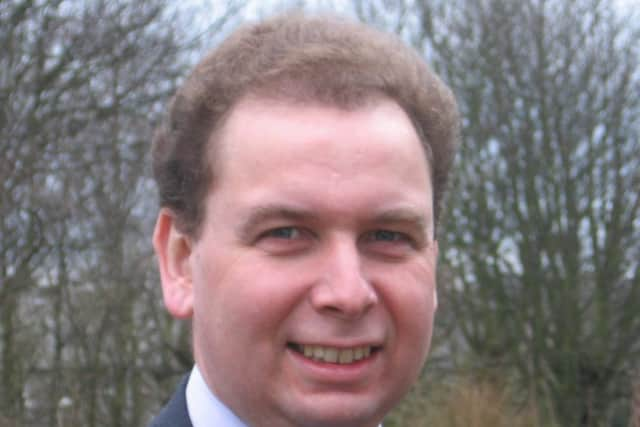Gordon Macdonald: Aggressive secularism threatens Christians' freedom to mention belief out loud


But not everyone welcomed this news. When the wise men brought the news of the birth of the promised king to the political and religious establishment, it was not received well. There followed persecution and slaughter of innocent children around Bethlehem in an attempt to eradicate this perceived threat to the political and religious status quo. Mary, Joseph and the baby Jesus were forced to flee and became refugees in Egypt.
Such actions were not uncommon in the ancient world, but sadly they remain prevalent in some parts of the world today. Recent experience in Iraq and Syria has brought home to us that in parts of the world persecution of people because of their religious identity remains all too common. The Christian communities of these countries, which have existed for nearly 2000 years, have been largely eradicated or forced to become refugees in surrounding countries.
Advertisement
Hide AdAdvertisement
Hide AdYet in many other countries in the world Christians also face persecution. For the fourth year in a row, worldwide persecution of Christians has risen. Yet despite these attempts to suppress Christianity, the light of the Christian message continues to shine in a dark world. Even in the midst of some of the most oppressive regimes, the church is still flourishing!


It would be easy to think that religious persecution is a faraway problem which happens in other countries. However, we are seeing a growing hostility towards the public articulation of Christian belief here, in our own country.
Aggressive secularism and various forms of identity politics are combining to create an environment where Christian belief is marginalised within public institutions. Week by week there are numerous stories hitting the headlines of someone who has run into difficulty for expressing their Christian views in public. This is to be regretted and will ultimately be to the detriment of our society.
The Scottish Government is in the process of developing new hate crime legislation. On the face of it, this should be welcomed as a means to ensure just such civility in public discourse.
Unfortunately, a definition of hate crime has been suggested which is so subjective that it means that almost any crime could be considered to be a hate crime. Under the definition used in the review, showing prejudice or hostility is sufficient to show that a hate crime has occurred. Hostility is defined as simply as expressing a dislike of another person’s lifestyle or beliefs. There need not be a hateful motivation and even if neither the perpetrator nor the victim perceives a hate crime to have occurred a third party could decide that this has been the case. Even political disagreement could constitute evidence of a hate crime.


Although well intentioned, legislation introducing such broad considerations could have a chilling effect on freedom of speech, political debate and religious liberty. We need to be very careful not to sacrifice our hard fought for freedoms in our attempt to tackle the scourge of hate crime.
This Christmas let us continue to be ever mindful of the many people across the world who do not enjoy the same rights that we do to celebrate the good news of Christmas, to practise their faith openly and to speak freely. But let us also not be complacent when it comes to protecting and upholding these rights, especially in light of any new legislation that comes before the government.
Dr Gordon Macdonald is parliamentary officer of CARE for Scotland